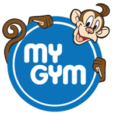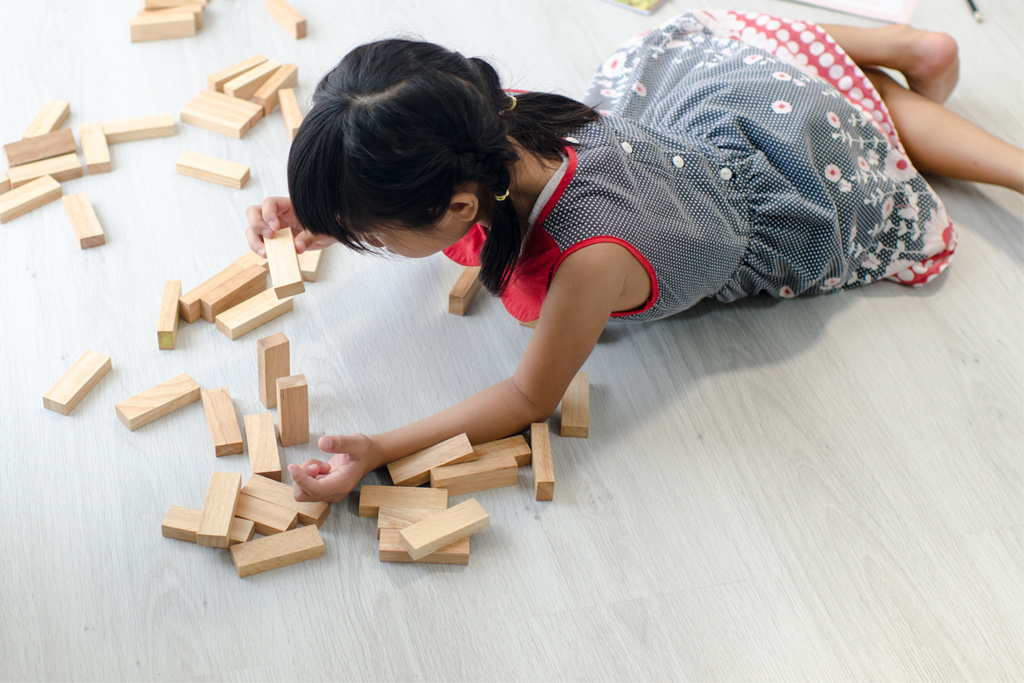How play helps a child acquire social skills
When thinking about pre-school, social readiness, not just academic readiness, needs to be your priority. Before you consider pre-school asking these simple questions will help: Can your child be away from you? Is she moving out of diapers? Is she talking about school?
Social skills that are necessary for pre-school include among other skills such as sharing, taking turns, playing with peers, and participating in pretend play. The most natural way for your little one to learn these skills is during peer play sessions, so that your child participates in plenty of board games. So do setup playdates with other toddlers and children and encourage your child. Even join in the play.
Your child’s preschool’s teacher will also be pretty impressed by how well-mannered your toddler is. In fact, greeting others, following directions, and saying please, thank you, and excuse me are all ways your child is showing respect and consideration for others. Best part is, your child learnt all these at home! Fantastic.
Take one step at a time
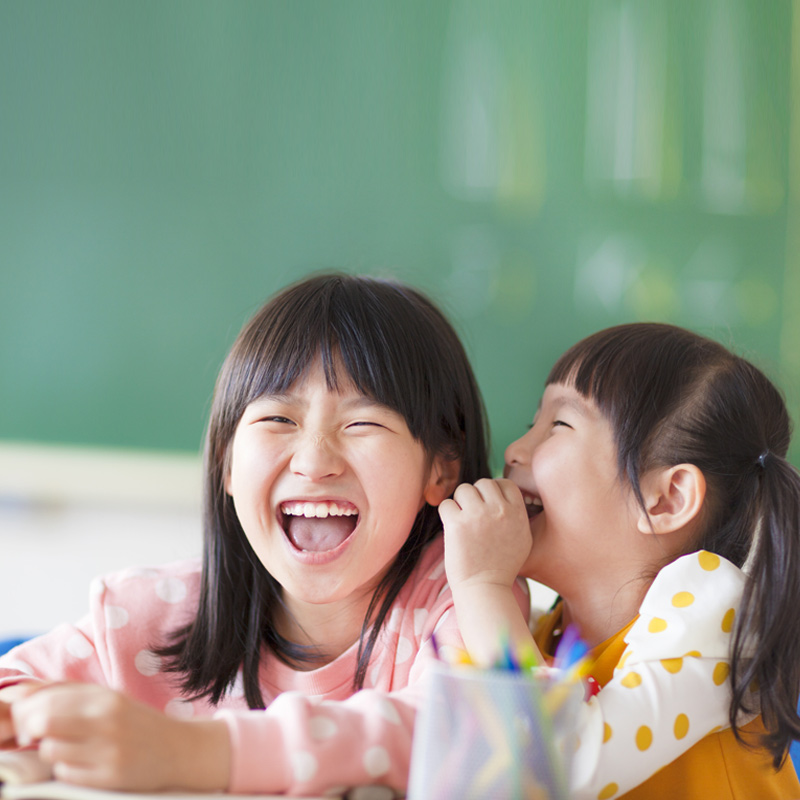
You could also teach your child to be organized as well. Work with her on ways to care for her clothes, toys, books and things that belong to her. Create space in her room to put away each of these items.You can use inexpensive and colorful bins or old shoe boxes, and storing similar items together are the first steps to being organized.
Talking about why you are putting things away will be of great help for your child to understand faster and be able to do this on her own.
Practically speaking, after every play session, remember to tell your little one it’s time to clean up and show her where each item belongs. Make it fun by singing a made up cleaning-up song until her space is tidy. Be sure to praise when a task is done well and quickly.
Playing board games is quality time
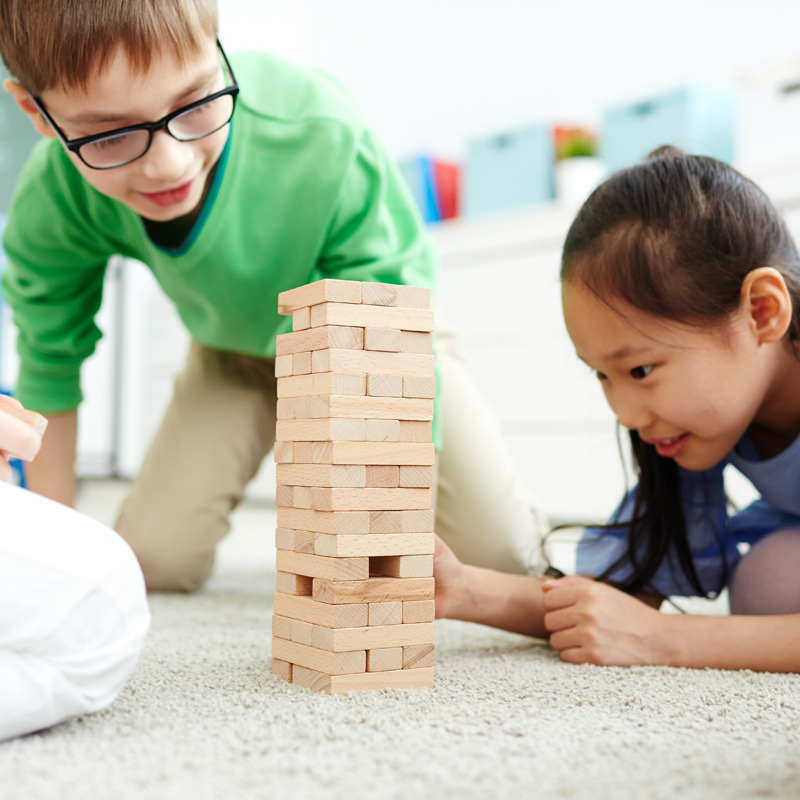
Playing board games is great fun and is the most effective way to make your child understand and learn about many other social skills, rules, concepts in a very practical and easy to remember way.
Most board games require a child to count, recognize numbers and learn simple math concepts like addition and subtraction. While they are at it, they also learn reading, as they need to read or listen to instructions, or to find out more about the board game itself.
Fine-tuning cognitive skills
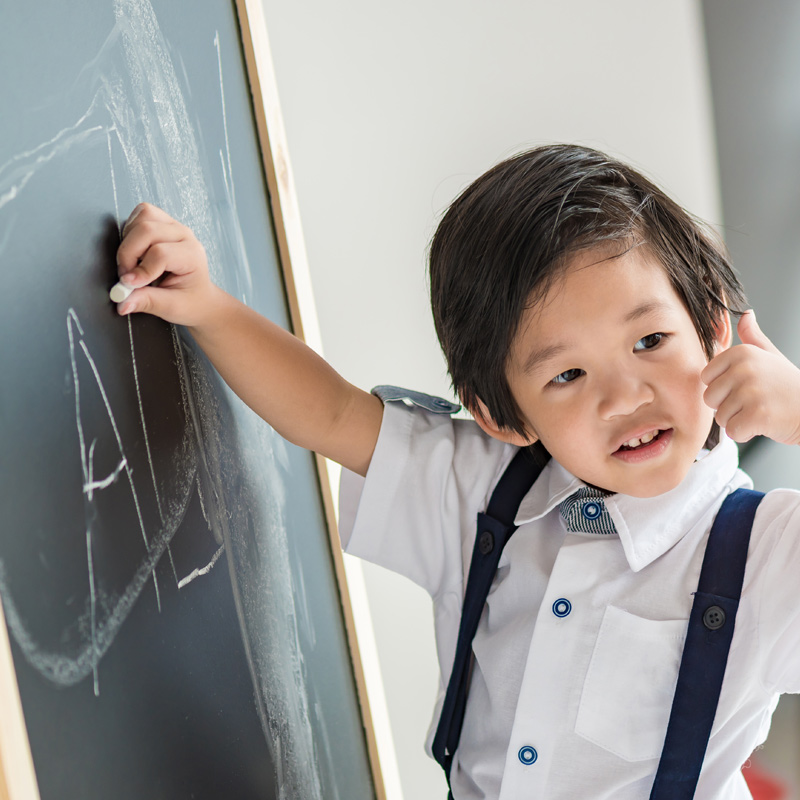
Your child’s cognitive skills will also improve as she will begin to understand the rules, get a hang of what logical thinking means. Then there is learning to face new game problems and solving them. Developing the skill to create a strategy and the excitement of implementing it.
Another important skill your child will develop while playing board games is understanding.For any child, waiting for their turn is a tough nut to crack. But in a board game, they have to wait their turn, there is no choice.So the child learns
what it is like to wait, pick it up real fast.on with her play.
Your child will also begin to gain control over her emotions. Realizingfor instance, that it is okay when something wrong happens in her play. Winning and losing are a part of play. Sooner the child learns this aspect of play, the faster she will learn to cope and get on with her play.
Mother of all virtues

Patience is another virtue your child will acquire the more she plays. Your child will not only learn to wait her turn but allow others to take their turn as well. It is all a part of the game and everyone follows certain rules to ensure everyone else enjoys the play and the role of dice.
While everyone loves to win, this is not always possible. Things don’t often go your way all the time. A board game teaches this in real-time. As your child plays more often, she will learn how to be a good winner and a good loser too. That is big lesson in itself. Comes in handy in real life.
Want to learn more? Give My Gym a call or email to schedule a visit. A one-on-one interaction with experienced teachers will provide several hidden insights that may not be so obvious at home.Seeing for yourself how other toddlers behave and handle themselves in a My Gym session will be an eyeopener.
Make-time and visit My Gym together with your child. Your visit will help bring down last of the barriers that might exist in your mind. Give you more ideas that will help prepare your child at home.

